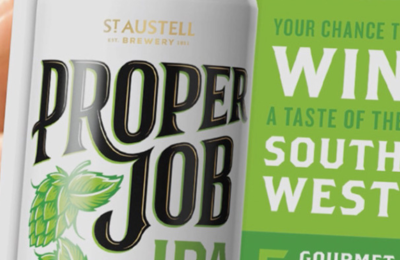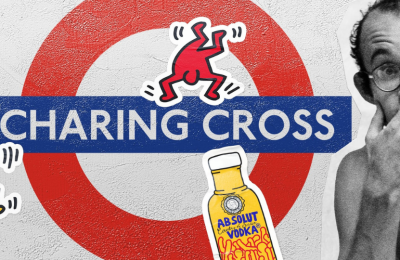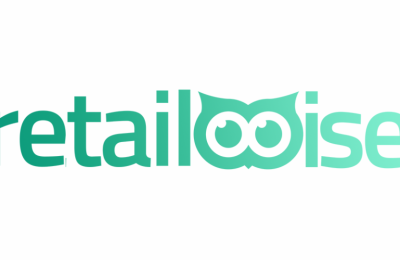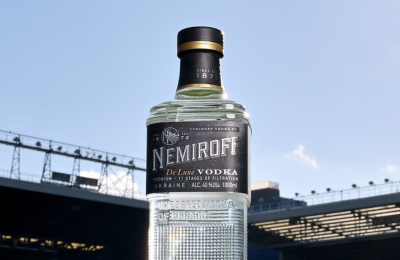Zinklar has released a new Corporate Social Responsibility research report ahead of their appearance at IPM CONNECT 2019, on 19th June.
According to the report, if you ask UK consumers, 90% will tell you that business should be better at CSR. They expect companies to be more transparent and trustworthy. Consumers know that their efforts at improving society and protecting the environment are unattainable without industry support.
It’s obvious that we aren’t doing enough: most don’t know which companies are socially responsible, or worse, they don’t think that what they say about CSR is true. When sustainability means profit, how do we ensure we’re increasing trust?
You can discover Zinklar’s answer at IPM’s CONNECT 2019. Explore how you can bring the voice of the consumer into the decision making process, and ensure you know how, what and with whom to communicate about your CSR and transparency strategies. Not to be missed!
A rising chorus of voices from scientists, activists, politicians and others have heightened our concern for the environment. Consumers are making more sustainable choices, and most of us are changing our habits to limit the damage we inflict on the environment. For example, 65% of British consumers buy less plastic, 45% use less air conditioning or heating, and 37% consume less meat. An overwhelming majority think companies bear a burden of responsibility: 90% of British consumers consider it either important or extremely important for companies to act in a socially responsible manner.
Companies are expected to put in as much effort as consumers to protect the environment and improve society. Without these joint efforts, it’s impossible for the average consumer to consume ethically. We all know that, and companies committed to CSR are becoming key players in the efforts to protect the environment and improve society. Consumers are ready to invest in those companies that show commitment and team spirit.
Sustainability is a vital part of CSR – but so are consumer profiles
Sustainability means profit, in the long and short term. Barclays, the international investment bank, found that bond portfolios featuring companies with sustainability goals outperformed those without (Barclays). Companies themselves are cutting costs by using energy efficient alternatives, with P&G saving up to $500B (Science Based Targets) by meeting science-based targets aimed at reducing their environmental imprint. Our findings confirm that green marketing works, with more than half of consumers willing to pay up to 10% more for a sustainable product.
Taking a more in-depth look, we discover that consumers are willing to pay for the chance to make a positive impact. If the company guarantees that they act in a socially responsible manner, they’re often willing to spend up to 25% more than the usual asking price: 60% pay more for food & drinks, 57% for cosmetics, and 53% apparel & fashion. Among younger consumers, 78% are willing to pay more for food & drink products that don’t damage the environment. We break down which industries consumers are unwilling to extra for, which ones are negatively regarded and who is unconvinced by company promises of sustainability in our CSR UK Trend Report for 2019.
Interestingly, different people will have different ways of showing their concern for CSR. For example, men are more likely than women to consider buying hybrid cars, while Londoners are more likely to purchase organic products compared to all other areas of the UK. On average, “Babyboomers” over the age of 55 are also less willing to invest in companies that make CSR promises, and are 16% more likely to refuse paying more, than younger consumers do. Even income has an impact: those who have less money don’t care about companies with CSR promises, and they won’t consider it as necessary. However, in many ways, these consumers are the ones who would most benefit from companies that act in a socially and environmentally responsible manner. Low-income earners are those most at risk of suffering the consequences of environmental damage.
Are companies responding to consumers’ expectations? They are!
KPMG’s Survey of Corporate Responsibility Reporting (KMPG) for one, tracks whether companies are releasing data about their corporate practices. They find that corporate responsibility is becoming standard practice among most companies, with 2018 seeing an exceptional increase in reporting from Asia-Pacific countries. Corporate Knights mine public data to score companies for their sustainability and corporate responsibility measures, releasing yearly reports that take into account the environment, inequality (such as how much more CEOs get paid in comparison to their workers), and employee diversity. Their 2018 “Global 100” placed Siemens and Samsung in 9th and 10th place. Dassaults Systems in 1st, and Neste, a Finish oil company, 2nd. An impressive score in light of our findings, where Oil Companies are the most sceptically regarded by the public.
Do marketers do a good job communicating CSR goals to consumers?
Consumers don’t always know with confidence which companies are doing good CSR, and nearly half of our sample is unable to name a single company that’s socially responsible. Among those that can though, The Body Shop and Tesco are all well reputed in the UK. These impressions are, in fact, quite accurate. The Body Shop recently changed owners from L’Óreal to Natura Cosméticos, a Brazilian company. Their Head of CSR, Christopher Davis, stated in 2017 that they intended to return to their “activist roots” (Ethicalcorp). These efforts certainly paid off: in 2018 Natura Cosmeticos came 14th in Corporate Knights’ annual Global 100 List, and they state their net revenue as having increased by 16.6% (Fashion Network).
In conclusion, ethical goals matter. They make a difference in how consumers choose to buy, and on the impact companies have on society and the environment. Thinking about what you can do to hold up CSR values will make a difference to your profit margin, conscience and the world!
We break down our data in our Trend Report, to help you find the insight you need to design your CSR strategy. What matters, for whom and which companies are scoring highest, download it for more insights!
To download the report, visit the link here





















